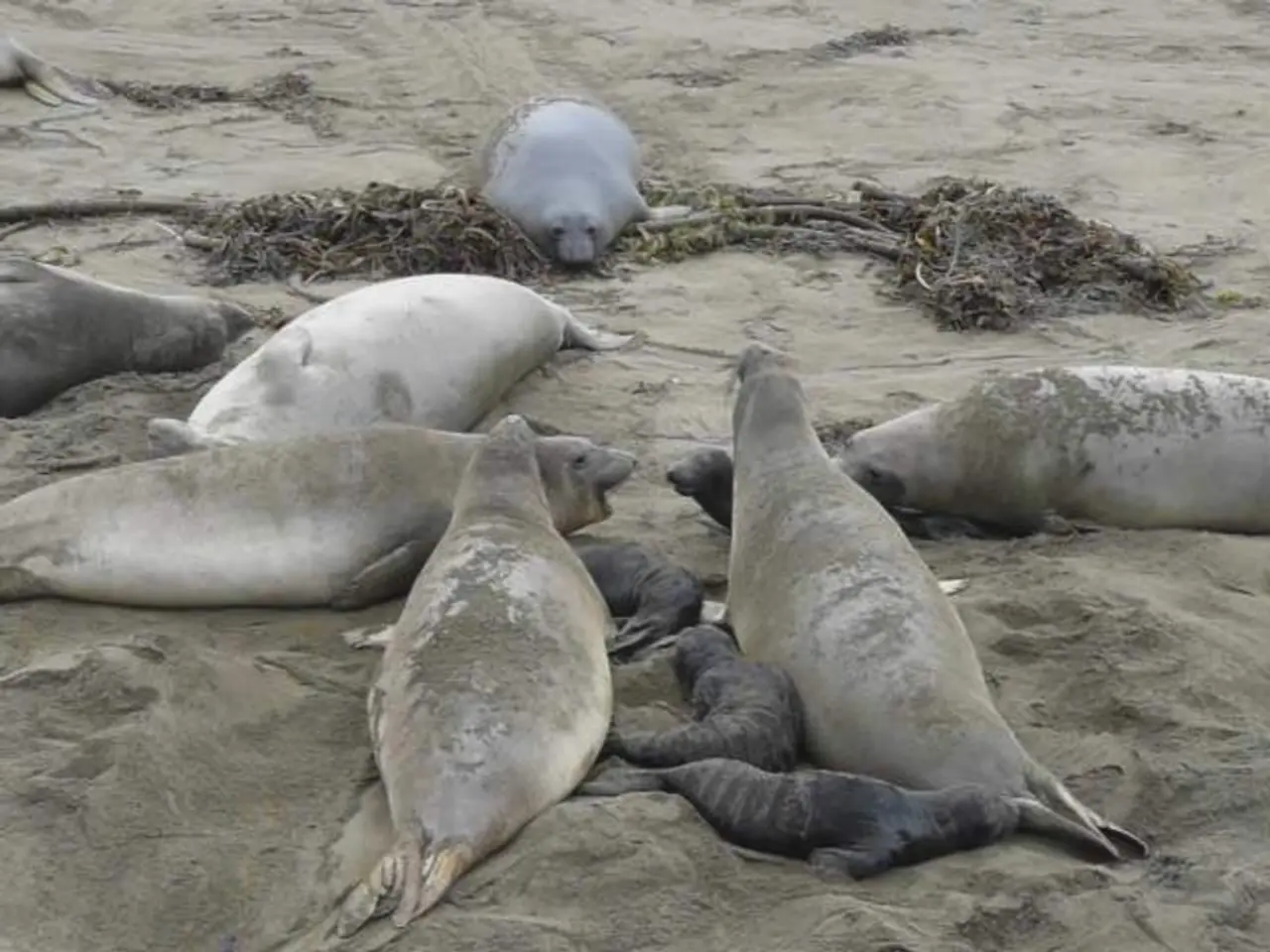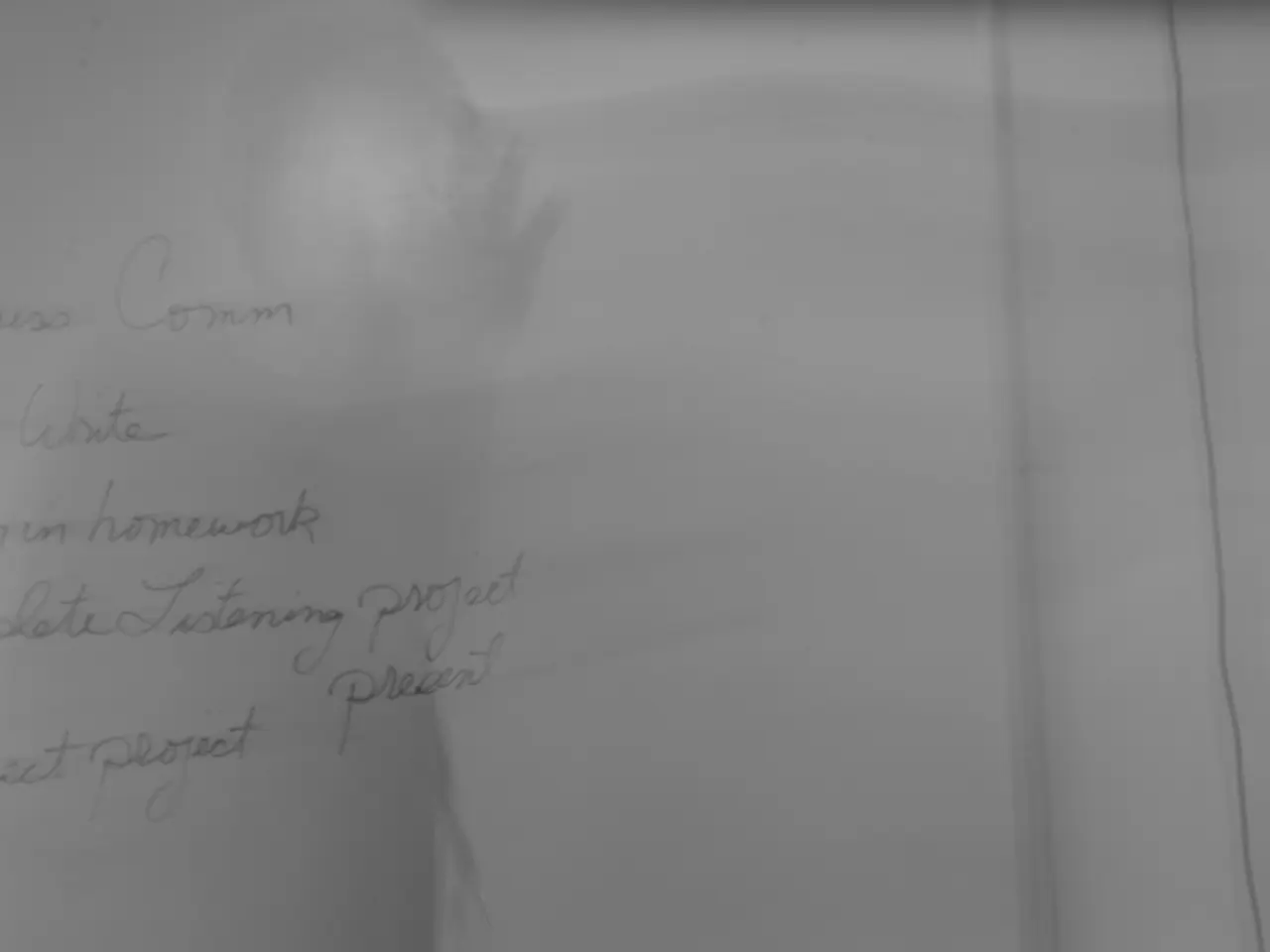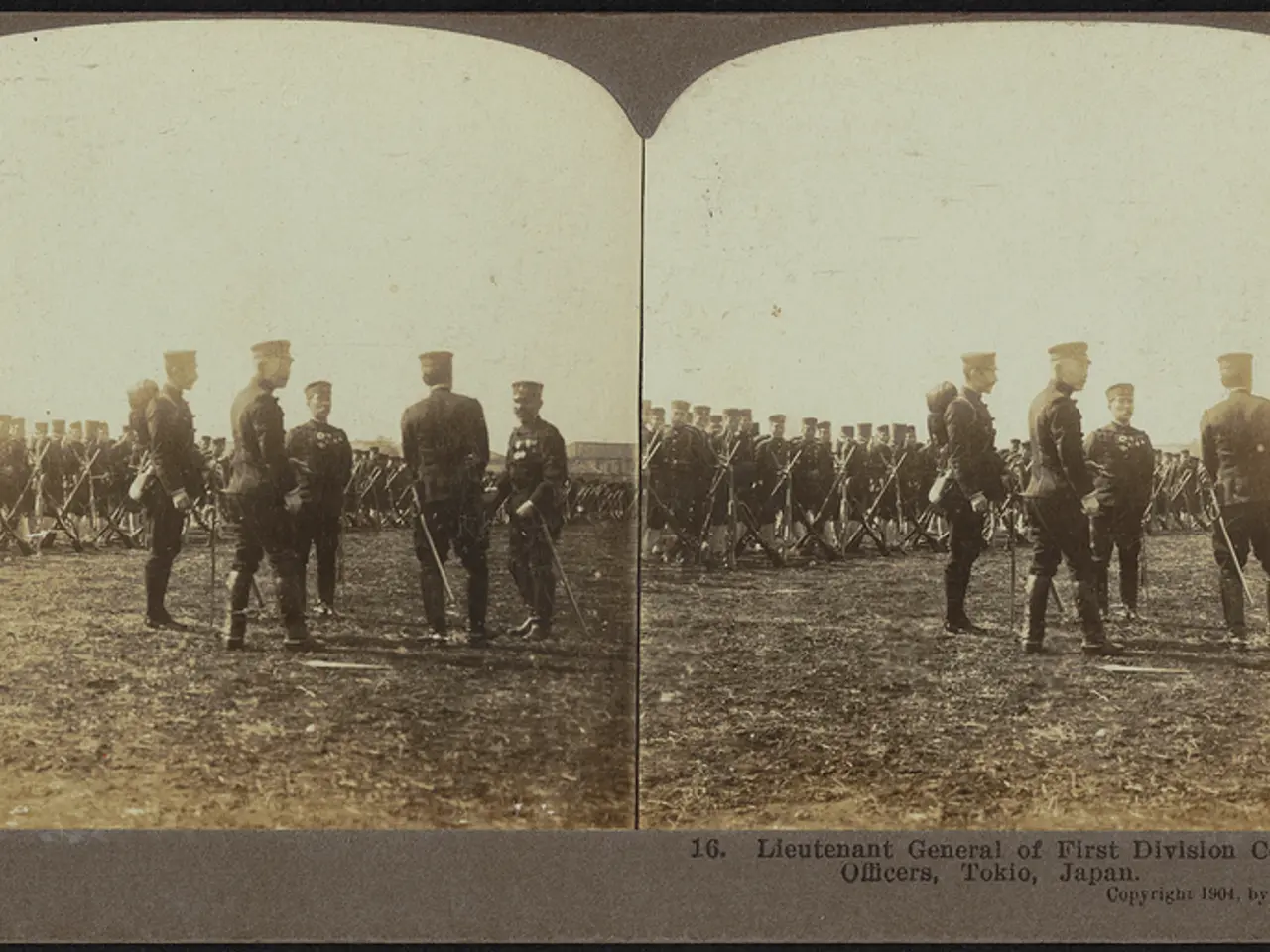Kashmir: A Sore Masked by a Dismissive Bandage of Ignorance
The ongoing Kashmir conflict, a dispute that has persisted for nearly eight decades, continues to be a source of tension between India and Pakistan. The latest escalation, the Pahalgam incident in 2025, raised concerns about the risk of nuclear war.
Pakistan's response to the crisis earned praise from the international community, with calls for a peaceful resolution that respects the wishes of the Kashmiri people. Proposed solutions include international diplomacy involving multiple stakeholders, structured and closely monitored dialogue, and the granting of self-determination rights through an impartial plebiscite.
Key elements of these proposals are engagement by international actors such as the United Nations, the Shanghai Cooperation Organisation (SCO), the US, Saudi Arabia, Turkey, and China, to pressure India and Pakistan for peaceful negotiation and a durable settlement. Pakistan advocates a resolution based on UN Security Council (UNSC) resolutions and the wishes of the Kashmiri people, emphasizing the need for a plebiscite to decide Kashmir's future.
However, India has rejected these solutions. The country insists that Kashmir is an integral part of India and considers the issue an internal matter, not subject to international mediation or plebiscite. India perceives international interventions and calls for self-determination as challenges to its sovereignty and territorial integrity. This stance leads India to prioritize security and diplomatic policies that maintain control over the region rather than conceding to international demands or Pakistan's terms for resolution.
The United Nations Human Rights Council has issued reports outlining significant human rights violations by Indian forces in Kashmir. International organizations like Amnesty International, Human Rights Watch, and the Organization of Islamic Cooperation have criticized these violations. Pakistan has taken a firm stand, urging the international community to resolve the Kashmir issue.
India's refusal to accept the U.N. Security Council resolution on the Kashmir issue, a clear violation of international norms, has been met with criticism. In 2019, India unilaterally revoked Articles 370 and 35A of Jammu and Kashmir from the Indian Constitution, exacerbating the human rights situation and leading to a halt in discussions and suppression of international voices.
The U.S. seemed to realize the gravity of the situation and declared readiness to intervene and assist in resolving the conflict. In 1965, a full-scale war broke out between India and Pakistan over Kashmir, but it was managed through another U.N.-brokered cease-fire. The U.N. passed a resolution in 1949, calling for an impartial plebiscite in Kashmir to give the Kashmiris their right to self-determination.
The conflict began in 1947-48, triggered by the partition of the subcontinent and the subsequent occupation of Kashmir by India. Kashmiris started a freedom movement against Indian occupation in 1989, resulting in severe human rights violations and the imposition of Black laws like the Public Safety Act (PSA) and the Unlawful Activities Prevention Act (UAPA).
International intervention was successful in de-escalating the situation, bringing the Kashmir issue back to national and international forums. A lasting resolution for the Kashmir issue could be an impartial plebiscite, offering a "win-win" solution for both nations and Kashmiris. The director general of the Inter-Services Public Relations (ISPR) stated that Kashmir is an internationally recognized dispute that should be resolved as per UNSC resolutions and with the will of the Kashmiri people. If the Kashmir issue is not resolved, the wound will continue to bleed and have a global impact.
- The international community has widely expressed their opinion that a peaceful resolution to the Kashmir conflict, a world issue marked by persistent tension between India and Pakistan, should respect the wishes of the Kashmiri people and involve international diplomacy, structured dialogue, and a self-determination plebiscite.
- The ongoing dispute over Kashmir, a long-standing war-and-conflicts hotspot, has been a topic of general news, with the United Nations, the Shanghai Cooperation Organisation, the US, Saudi Arabia, Turkey, China, and other international actors advocating for pressure on India and Pakistan to negotiate a peaceful and durable settlement.
- The risk of nuclear war due to the escalation of the Kashmir conflict in 2025 has caused concern not only within the region but also among the world's political powers, emphasizing the importance of finding a lasting solution that upholds international norms and the rights of the Kashmiri people.





